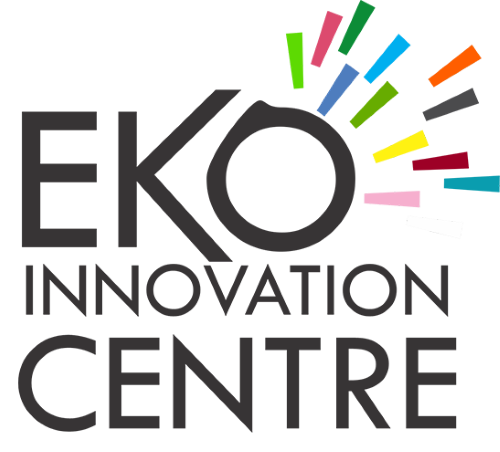Innovation hubs have emerged as critical players in the African startup ecosystem, providing essential support to founders driving change across the continent. These hubs—physical or virtual spaces designed to foster innovation—are helping startups navigate the challenges of building a business in emerging markets. They not only provide the resources necessary for growth but also create a collaborative environment where ideas can thrive.
The Importance of Innovation Hubs
Innovation hubs are more than just co-working spaces; they are the lifeblood of the startup ecosystem. According to a report by Afrilabs, a network of over 350 innovation hubs across 52 African countries, these hubs have supported more than 1 million entrepreneurs across the continent. The Global Entrepreneurship Network (GEN) also reports that startups based in innovation hubs are 50% more likely to succeed due to the support systems available to them.
These hubs offer a variety of critical resources for startups, including access to mentorship, funding, and networking opportunities. For instance, Afrilabs and the Innovation Support Network (ISN) provide platforms for hubs to collaborate, share best practices, and advocate for policy changes that benefit startups. Such support systems are essential in addressing the infrastructure challenges many African startups face. In regions where reliable internet access or affordable office space can be hard to come by, innovation hubs provide these essentials, allowing startups to focus on building their products and services.
Success Stories from Innovation Hubs
One of the most compelling reasons to support innovation hubs is the success stories that emerge from them. Flutterwave, one of Africa’s most successful fintech startups, began its journey in an innovation hub. The mentorship and support provided at the hub were instrumental in helping the founders refine their business model and secure early-stage funding.
Similarly, Paystack, another fintech giant acquired by Stripe for over $200 million, credits its early success to the resources and networking opportunities available at innovation hubs. These examples demonstrate the tangible benefits that such environments offer to startups. According to the African Tech Startups Funding Report 2023, startups supported by innovation hubs were responsible for nearly 60% of the total funding raised by African tech startups that year.
The Role of Collaboration
Collaboration is at the heart of what makes innovation hubs successful. By bringing together founders, entrepreneurs, investors, and industry experts, these hubs create a fertile ground for partnerships and collaborations. This collaborative environment not only fosters innovation but also helps startups build the networks they need to scale their businesses.
According to Y Combinator’s Michael Seibel, “The more connected you are, the more successful you are likely to be.” This statement underscores the importance of the community that innovation hubs create, where startups can learn from one another and leverage each other’s strengths. The collaboration facilitated by networks like Afrilabs and ISN is instrumental in creating a unified African startup ecosystem, enabling startups to scale beyond their local markets.
Challenges Facing Innovation Hubs
Despite their many benefits, innovation hubs in Africa face several challenges. One of the most significant is sustainability. Many hubs are reliant on donor funding or government support, which can be inconsistent. For example, a 2022 Afrilabs survey found that over 40% of innovation hubs cited funding as their most significant challenge.
Another challenge is ensuring these hubs remain accessible to a diverse range of entrepreneurs, including those from under-served communities. Initiatives like ISN are working to address these issues by advocating for inclusive policies and providing training to help hubs become more financially sustainable.
However, as more success stories emerge, there is growing recognition of the value that innovation hubs bring to the startup ecosystem. This recognition is leading to increased investment in these hubs, which is crucial for their long-term sustainability. The African Development Bank (AfDB) has projected that innovation hubs will play a vital role in creating 25 million jobs and adding $560 billion to the continent’s economy by 2030.
Conclusion
Innovation hubs are playing an indispensable role in the growth of Africa’s startup ecosystem. They provide the resources, mentorship, and collaborative environment that startups need to thrive. As Africa continues to emerge as a global innovation powerhouse, the role of these hubs will only become more critical.
At Eko Innovation Centre, we are proud to be at the forefront of this movement. By providing a nurturing environment for startups, we help turn innovative ideas into successful ventures. Whether through our incubator and accelerator programs or our state-of-the-art co-working spaces, we are committed to supporting the next generation of African founders.
